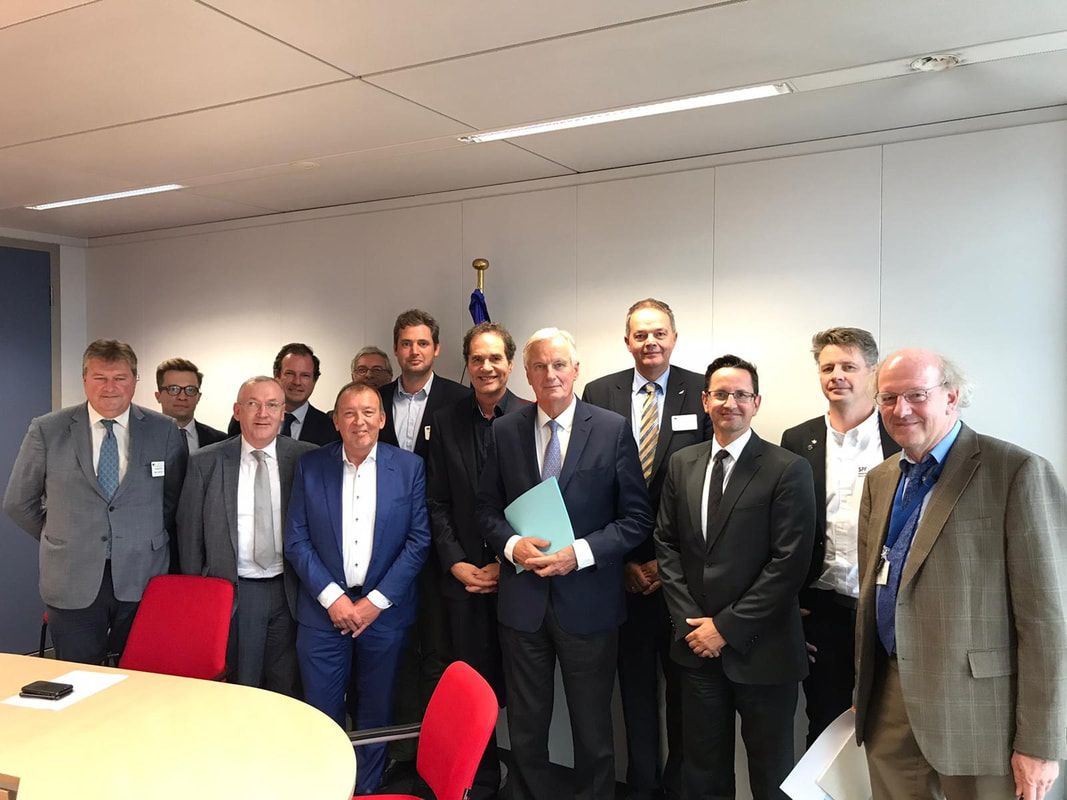Scientific advisory group rectifies previous errors
The development has been welcomed by Killybegs Fishermen’s Organisation CEO, Seán O’Donoghue who said the conclusion of this week’s coastal states meeting in London has resulted in a very satisfactory tripartite agreement reached between the EU, Norway and the Faroe Islands.
The Irish quota for 2020 is 78,054 tonnes which represents an increase of 22,740 on this year’s quota of 55,314 tonnes.
“Last year, I was extremely critical of the International Council for the Exploration of the Sea or ICES and its scientific advice. That criticism was proven 100% accurate since an ICES review on May 15th last provided for an overall figure of 770,358 tonnes for 2019 instead of 318,403 tonnes and now a further increase for 2020 to 922,064 tonnes, a figure which is an incredible increase of almost 190% on the advice it had offered in September of 2018."
“I’m extremely pleased that the Coastal States have taken on board the concerns of the KFO and others, which I have expressed regularly in numerous fora regarding the lack of quality assurance in the ICES assessment process by including a specific written reference to this in the final document”, said Mr O’Donoghue.
The KFO CEO said he fully agreed with the criticism leveled at Iceland, Russia and Greenland at the meeting by the EU, Norway and the Faroes for their decisions to increase their unilateral quotas for mackerel for 2019. In the case of Iceland, it increased from 107,000 tonnes to 140,000 tonnes. As a result, the share of the Icelandic unilateral quota has effectively increased to 21.5% of the overall Total Allowable Catch (TAC). Since 2014, they have had an average unilateral TAC of 16.5% - well in excess of the amount set aside for the three parties outside the agreement, namely Iceland, Russia and Greenland. It is not acceptable that Iceland, Russia and Greenland act in such irresponsible manner and put the sustainability of the healthy mackerel stock in jeopardy. An appropriate set of actions must be put in place to stop this continuing.
Mr O’Donoghue concluded by acknowledging the pivotal role played by Minister Michael Creed and his officials in delivering this favourable outcome.
ENDS
Further information:
Seán O’Donoghue
087 419 6535

 RSS Feed
RSS Feed
